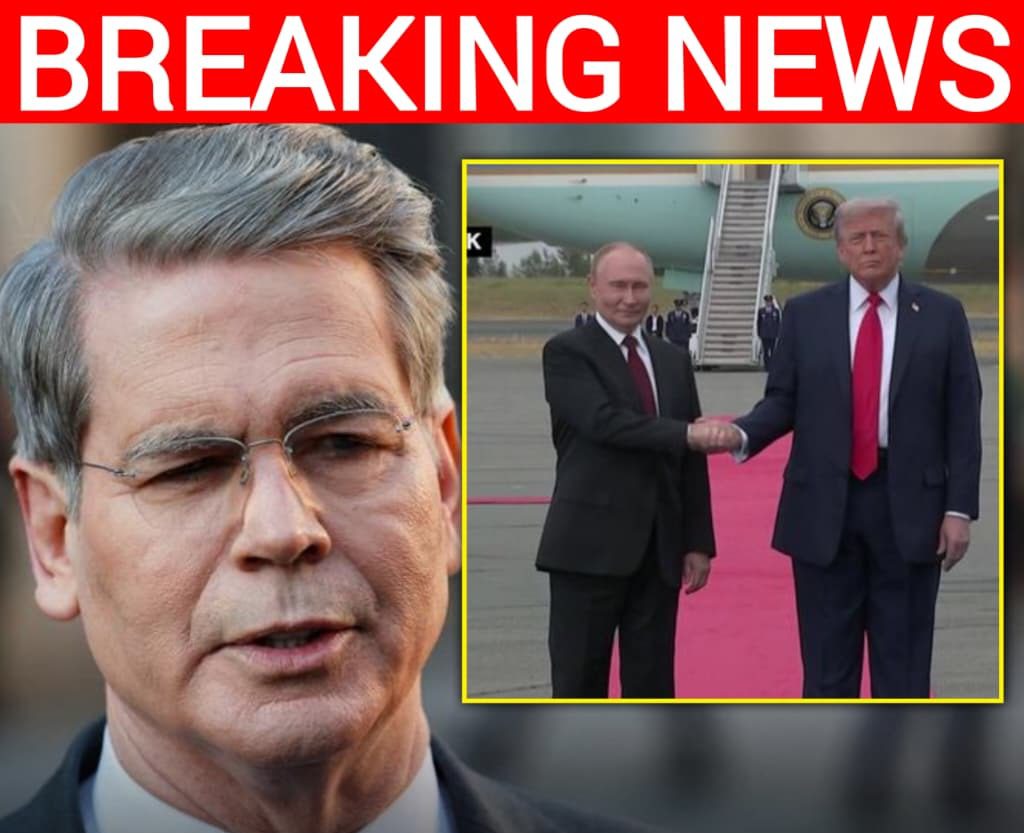U.S. Treasury Secretary Scott Bessent Announces Sweeping Sanctions on Russia’s Largest Oil Companies, Urges Putin to End the War as Trump Administration Turns Up “Maximum Pressure”
The Trump administration has just taken one of its boldest steps yet on the world stage. Treasury Secretary Scott Bessent announced on Thursday a new round of sweeping sanctions targeting Russia’s two largest oil producers—Rosneft and Lukoil—signaling an escalation in the United States’ economic pressure campaign to force Moscow toward a ceasefire in Ukraine. The move marks a major shift from earlier, narrower sanctions and demonstrates that the White House is ready to use every tool available to end the war.
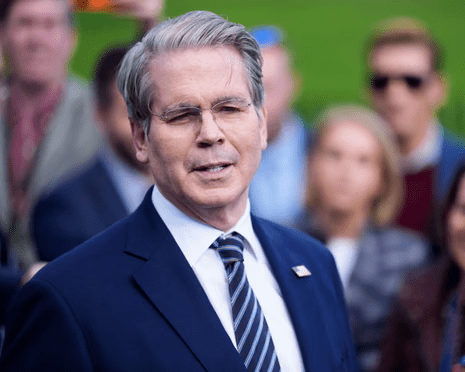
According to the Treasury’s official press release, the sanctions were enacted under Executive Order 14024, effectively freezing all U.S.-based assets belonging to the targeted entities and prohibiting any financial transactions with them. Together, Rosneft and Lukoil account for roughly 45 percent of Russia’s total crude oil output, making them vital to the Kremlin’s war economy. “Now is the time to stop the killing and for an immediate ceasefire,” Bessent said in a firm statement from Washington. “Treasury is sanctioning Russia’s two largest oil companies that fund the Kremlin’s war machine. We are prepared to take further action if necessary to support President Trump’s effort to end yet another war.”
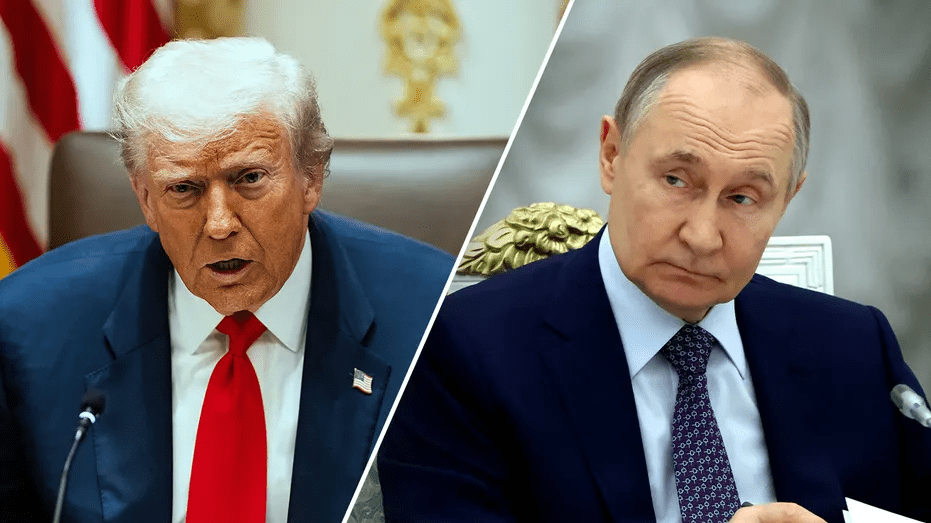
The announcement came amid stalled ceasefire talks and renewed Russian airstrikes across Ukraine’s eastern front, intensifying the administration’s resolve to push Moscow toward peace. The Treasury chief made clear that if Russia refuses to change course, more sanctions—including secondary restrictions on foreign entities assisting the Russian oil trade—could follow in the coming weeks. “Maximum pressure is here,” one senior U.S. official told reporters following the announcement, describing the measures as “the largest and most comprehensive sanctions package on Russian energy since the start of the conflict.”
Within hours of the sanctions’ announcement, global oil prices jumped by nearly two percent, according to Bloomberg data, amid investor concerns over tighter global supply. Economists warned that the move could temporarily drive U.S. gasoline prices up by 10 to 15 cents per gallon, though analysts close to the administration argue that such short-term fluctuations are worth the long-term stability that peace in Eastern Europe would bring. “This is a short-term cost for a long-term victory,” one administration advisor said, noting that global markets typically stabilize after initial shock waves.
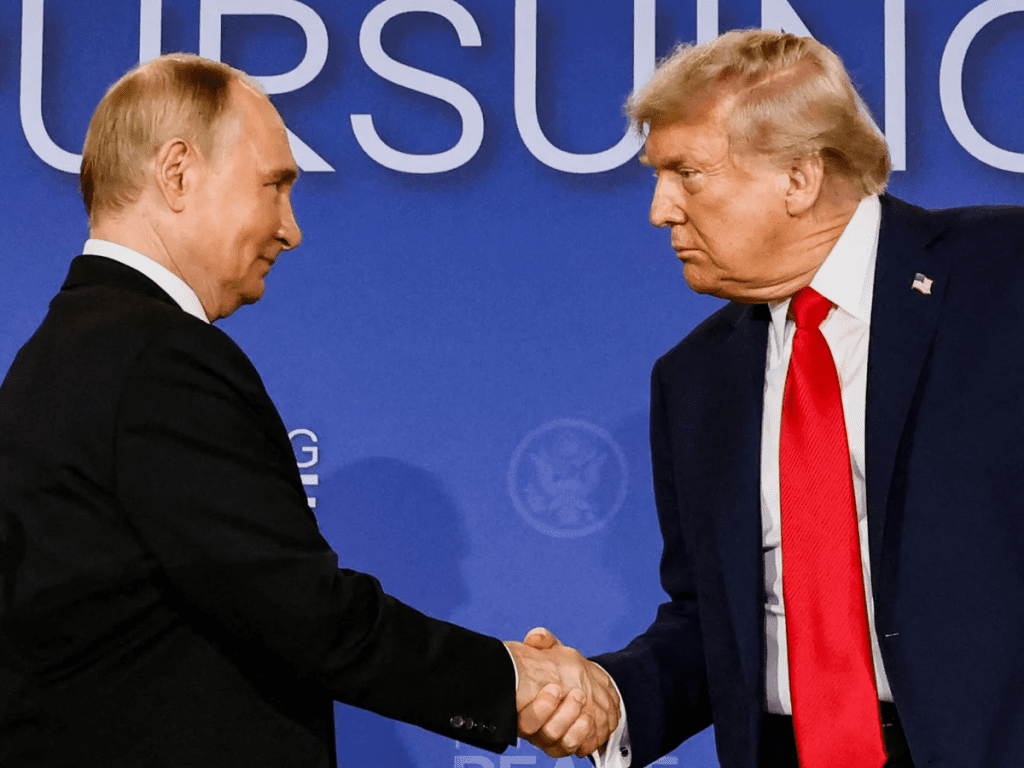
This step also marks a striking departure from the Biden-era sanctions framework, which focused primarily on individuals and smaller financial institutions. Bessent’s Treasury has opted instead for structural pressure, directly targeting the economic core of Russia’s state-controlled oil sector. Administration insiders say the strategy reflects President Trump’s campaign promise to use “maximum pressure diplomacy” rather than drawn-out military entanglements. “President Trump made clear he would end this war through strength, not weakness,” said one senior official. “That means cutting off the money fueling Putin’s aggression.”
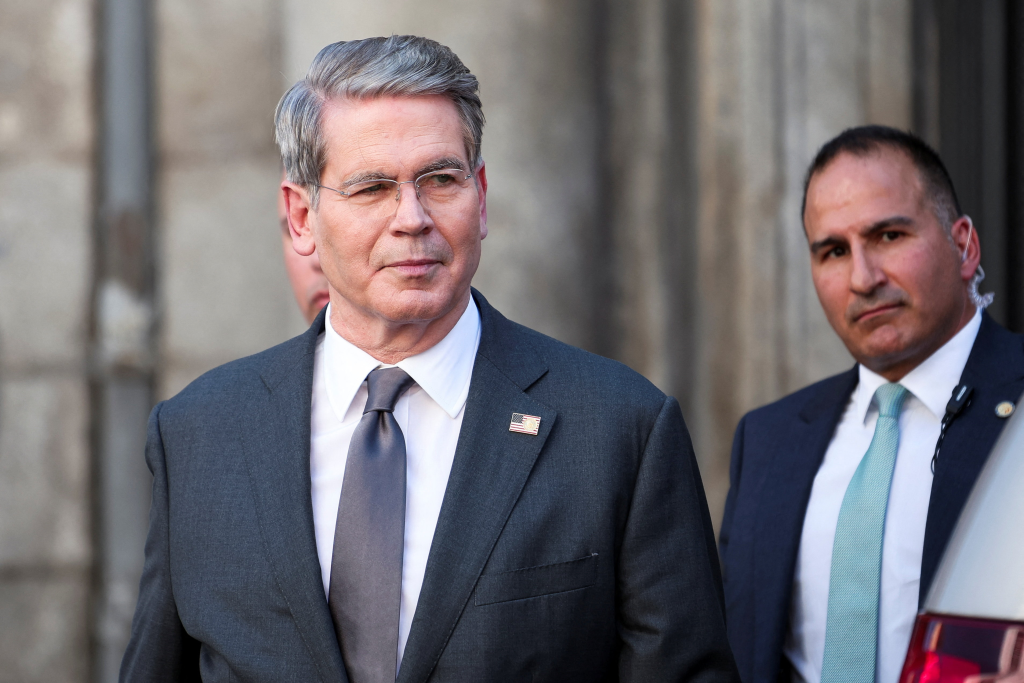
Reactions have been mixed globally. European allies largely praised the move, though some governments expressed caution over potential energy disruptions. Meanwhile, Russia’s Finance Ministry called the sanctions “economic terrorism” and vowed retaliatory measures. Yet inside Washington, the mood was one of firm confidence. Lawmakers from both parties acknowledged that the new sanctions represent one of the most significant financial strikes against Russia since the Cold War, while administration allies on Capitol Hill applauded the Treasury’s decisive approach.
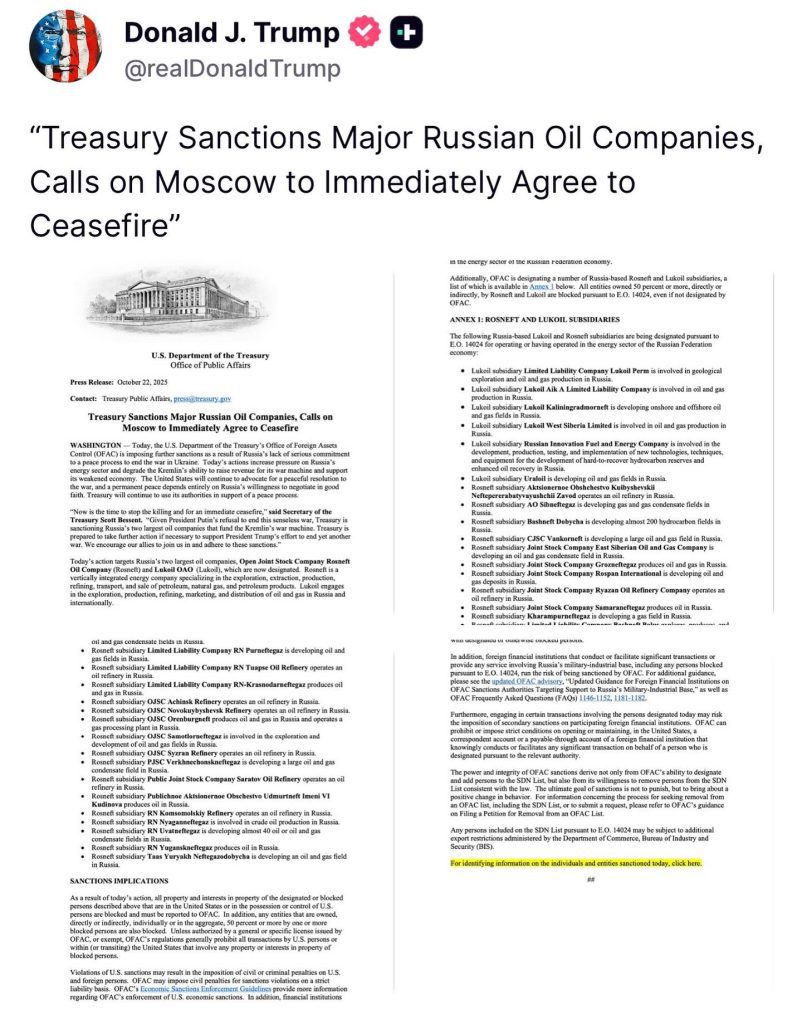
Online, the public response mirrored the global divide. On X, thousands of comments flooded in within hours of the announcement. Supporters called the sanctions “a long overdue act of leadership,” while skeptics questioned whether Russia’s “shadow fleet” of tankers and foreign intermediaries might blunt the sanctions’ impact. Regardless, the prevailing tone in Washington was one of urgency and unity behind Bessent’s message: Putin must stop the war, or the economic consequences will continue to mount.
For the Trump administration, this moment encapsulates a broader philosophy—peace through pressure, not appeasement. As Bessent said in closing, “We encourage our allies to join us and adhere to these sanctions. Together, we can end this senseless war.” The world will now be watching closely to see how Moscow responds—and whether economic might can achieve what diplomacy alone has not.
